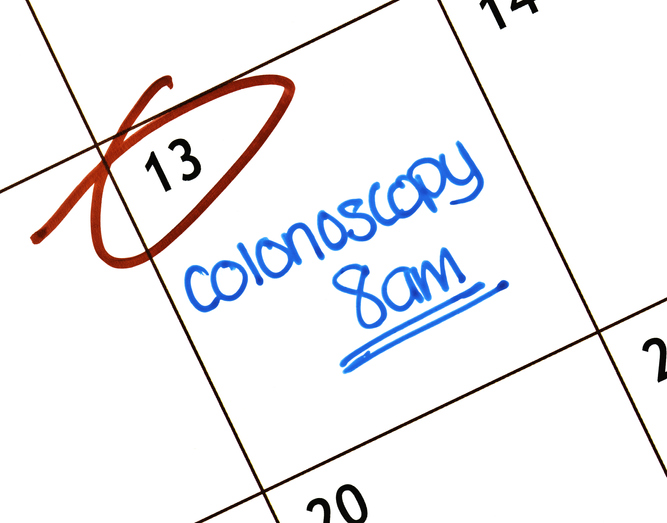Uncover the hidden connections between your family's past and your future well-being as we delve...
Read More

In 2021, the United States Preventive Services Task Force (USPTF) changed their guidelines and now recommends colorectal cancer screenings begin at age 45 instead of age 50 for people with an average risk of colorectal cancer. It means if you haven’t been screened yet, it may be five years closer than previously thought. Here’s what’s behind the change, as well as some information on screening.
The new recommendations come after a rise in cancer diagnoses and deaths. “There were many factors that went into this change in screening guidelines,” said Peter J. Senatore, Jr., M.D., director of the Rectal Cancer Program at Inspira Health. “There has been a rise in cases of colorectal cancer in younger people in recent decades, especially when it comes to fatal diagnoses. At the same time, over the past few decades, we’ve seen a gradual reduction in colorectal cancer incidence and mortality in people who undergo screening.”
Of those who die from colorectal cancer, about 10 percent are 45-50 years old. Early screening has become increasingly important to reduce the number of deaths from colorectal cancer.
“If we catch colon cancer in its earliest stage, over 90 percent of cases are cured. And stage one rectal cancer has a cure rate percentage in the high 80s,” said Dr. Senatore. “But, it is a silent killer because it can grow without any symptoms whatsoever. So, we don’t want to wait for symptoms to appear.”
The gold standard of screenings is a colonoscopy. During the procedure, you are sedated while your doctor uses a long, thin tube with a camera on the end called a colonoscope to view inside your rectum and colon. If your doctor sees polyps or abnormalities, they may remove them or take a biopsy. If you have a clean bill of health, it’s recommended you get one every 10 years.
“While we do recommend a colonoscopy because of its accuracy and effectiveness, there are other screening options that are less invasive, but also less accurate,” said Dr. Senatore. “These may be acceptable options for those with average risk for colorectal cancer.”
They are:
“The bottom line is this: Often by the time you begin to experience symptoms, it’s too late. We know that the earlier we catch colorectal cancer, the more treatable it is. So it’s important to get screened before symptoms arise. It could save your life,” said Dr. Senatore.
Talk to your doctor about your personal and family history to determine when you should start screening for colorectal cancer.
If you’re uninsured or underinsured, you may qualify for free colorectal cancer screening through the New Jersey Cancer Education and Early Detection (NJCEED) program.
Click to learn more about colorectal cancer and screening options.
Inspira Health is a high reliability organization (HRO), which means safety is the top priority for patients and staff. To make an appointment, call 1-800-INSPIRA.

Uncover the hidden connections between your family's past and your future well-being as we delve...
Read More
Treating cancer requires an arsenal of tools and preventive measures. Explore the power of...
Read More
President & CEO Amy Mansue attended Inspira's Cancer Survivors Day event, organized by our Cancer...
Read More
The material set forth in this site in no way seeks to diagnose or treat illness or to serve as a substitute for professional medical care. Please speak with your health care provider if you have a health concern or if you are considering adopting any exercise program or dietary guidelines. For permission to reprint any portion of this website or to be removed from a notification list, please contact us at (856) 537-6772